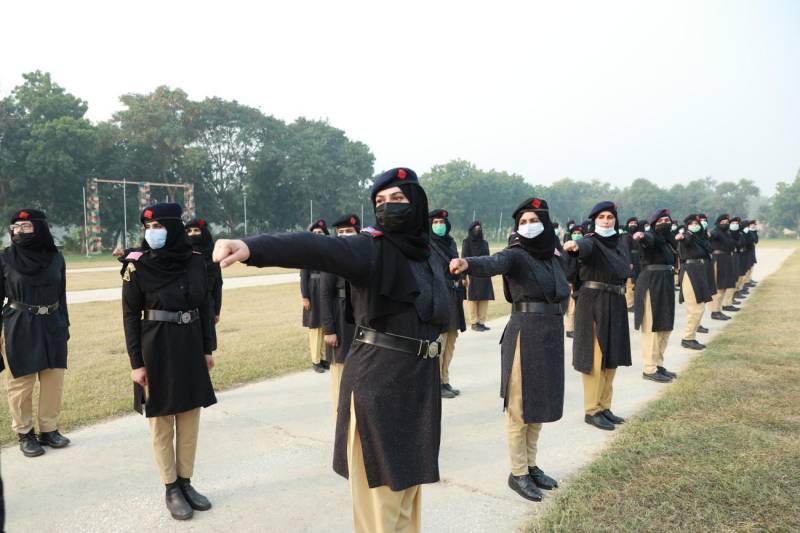
To enhance gender responsiveness within the law enforcement sector, the National Police Bureau (NPB), with technical assistance from UN Women, has launched its first-ever Gender-Responsive Policing Framework and Gender-Responsive Policing Unit in Islamabad on Friday.
This initiative has been funded by the European Union under its Deliver Justice Project.
The newly established unit will facilitate gender-responsive policing across Pakistan by providing technical support to provincial police departments to institutionalise gender responsiveness in their ranks, apart from providing speedy access to justice to women and marginalised segments of society.
NPB Director General Dr Ehsan Sadiq, speaking on the occasion, highlighted the significance of this initiative and of advancing gender-responsive policing in Pakistan.
He added that this initiative emphasises their commitment to creating a more inclusive and effective environment for all members of society and will help reshape
policing in Pakistan.
He appreciated the collaborative efforts of UN Women, the EU delegation and the law enforcement sector in championing gender equality within the national police structure. That his comments come within a week of a female officer bravely handling a volatile situation in Lahore amicably is a testament to the impact of women officers in the force.
Reiterating the EU's commitment to supporting the NBP and UN Women's efforts for promoting gender-responsive policing in Pakistan, Jeroen Willems, Head of Cooperation at the European Union Delegation to Pakistan, said that the EU commends the efforts of NPB in advancing gender-responsive policing in Pakistan.
"We look forward to witnessing the impact of GRPU in advancing gender equality in Pakistan's law enforcement institutions. The EU remains steadfast in its
commitment to supporting initiatives that promote human rights, gender equality, and rule of law in Pakistan and around the world."
UN Women Country Representative Lansana Wonneh said that gender-sensitive services are essential to counter GBV.
He appreciated the efforts of all police forces and highlighted the need
for taking more affirmative measures to increase the number of women in law
enforcement agencies, especially in leadership positions, as the current data paints a bleak picture of women's representation in the police force at all levels.
Wonneh added that public trust in public services can be enhanced only by transforming conventional policing. He added that the GRPU would serve as a hub for training law enforcement personnel to uphold gender equality principles.
"It will also monitor and collect data that they are able to promote gender-sensitive and responsive community policing across Pakistan."
Earlier, in September 2023, the National Police Bureau, with technical assistance from UN Women, had organised a two-day consultative workshop aimed at activating women police networks nationwide and developing a Gender Responsive Policing Framework under the EU-funded Rule of Law programme.
This programme supports policy reforms and capacity building of law enforcement and justice sector officials for gender-responsive dispensation of justice and easing women's access to justice.

